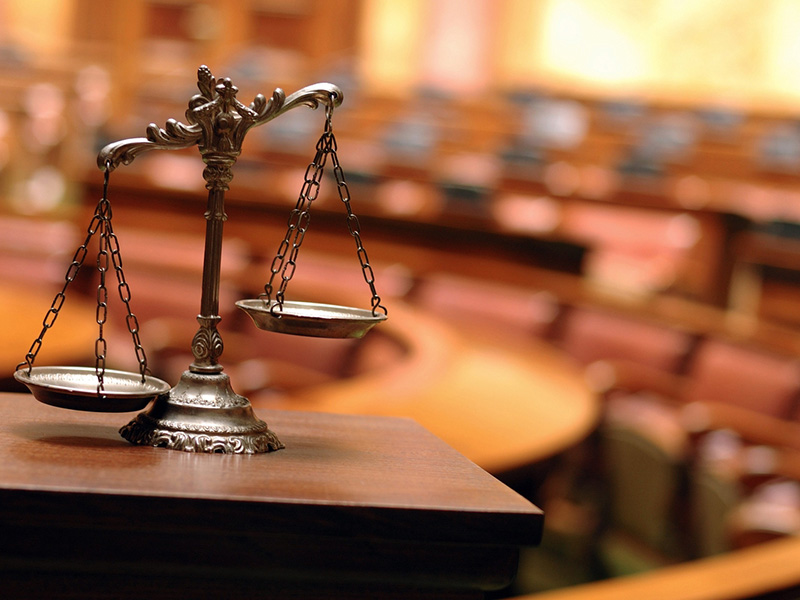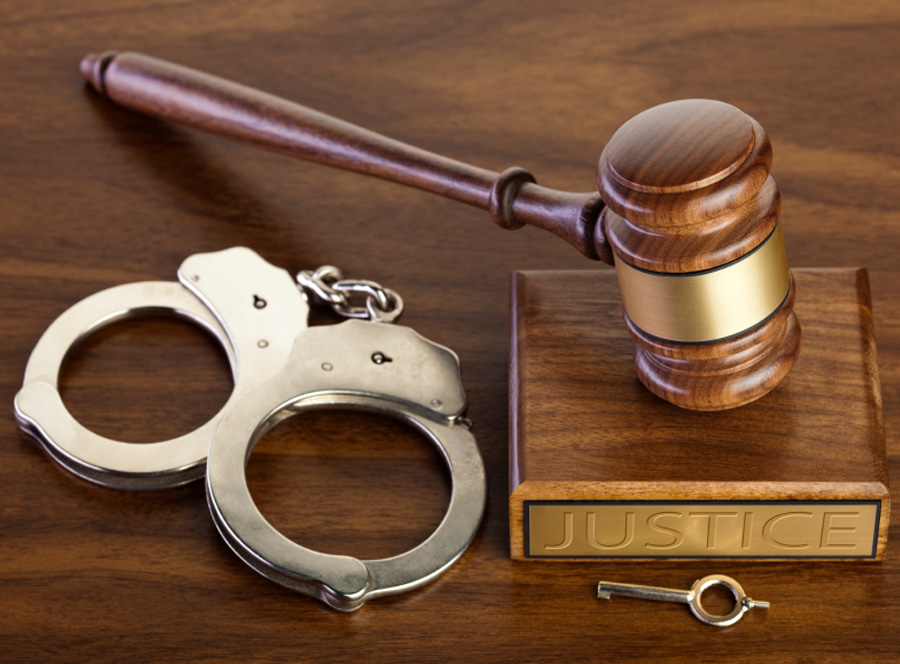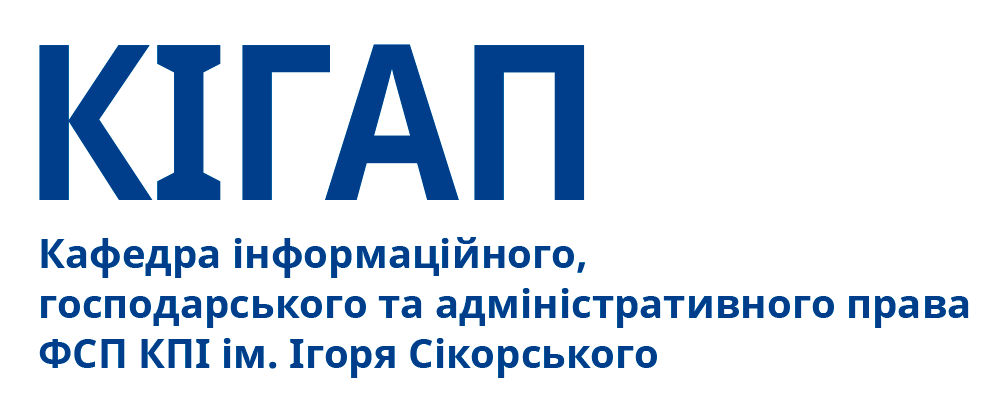The department’s mission is the fundamental training of highly educated lawyers for government structures, the business sector, and the IT field, who are able to successfully realize their professional potential, think independently, and be an example of a leader.
Master’s training is carried out according to the educational and professional program “Economic and administrative law and process”, during which students master modern trends in economic, administrative law and process and legal support of IT business; have the opportunity to choose a wide range of disciplines to study in the second semester and places for internships with the department’s partners.
Scientific work of students is the first step towards the formation of high-quality scientific potential of the national education system, therefore, the correct organization of scientific work, the ability to create a favorable environment for students’ scientific research is an extremely important task of teachers. In universities, the following types of student research work are most common: research related to the performance of educational tasks; student scientific circles and associations; writing course, diploma, master’s theses; participation in the all-Ukrainian competition of student scientific works and the all-Ukrainian student Olympiad, etc.

The main directions of scientific research in the field of administrative law: theory and practice of improving public administration; legal regulation of state administration in the field of economy; organizational and legal provision of scientific and technical development of the country; development of key institutions of administrative law based on updating the national administrative-legal doctrine; deepening of the theoretical and scientific and practical foundations of public administration reform, formation of the institution of public administration; administrative and legal regulation of relations between public administration bodies and citizens; administrative and legal regulation of civil service and reform of law enforcement bodies; conceptual principles of reforming the institution of administrative responsibility, problems of the development of administrative justice in Ukraine.
The main focus is on the fundamental aspects of research, which is characteristic of an academic research institution, in particular: the development of key institutions of administrative law based on the renewal of the national administrative-legal doctrine; deepening of the theoretical and scientific and practical foundations of public administration reform, formation of the institution of public administration; study of administrative and contentious legal relations and problems of the formation of administrative justice in Ukraine.

The main directions of scientific research in the field of economic law: the history of the formation and development of the system of legal regulation of economic relations in Ukraine and abroad; identification of regularities, trends, gaps in the legal regulation of economic relations; developing recommendations for improving both legal regulation and law enforcement practice using various scientific methods: analysis, synthesis, historical, comparative legal, heuristic, synergistic, etc.; identification and analysis of normative legal acts and legal norms of economic legislation; determination of the legal means of the functioning of economic law (including the study of the mechanism of action of certain groups of norms, the identification from a scientific point of view of their connections and dependencies between them, the nature of the methods of legal regulation, as well as the identification of gaps, collisions, and other defects); development of ways to improve economic and legal practice; ensuring the validity and effectiveness of the rule-making process; determination of criteria for assessing the compliance of economic law (as a branch of law) with the laws and principles of legal regulation; development of the most optimal mechanisms for the implementation of economic law norms; creation of a unified conceptual apparatus of economic law; explanation of law-making and law-enforcement decisions and forecasting the consequences of violation of laws of legal regulation.

The main directions of scientific research in the field of information law: formation of legal conditions to ensure pluralism, transparency and impartiality of mass media activities, prevention of their monopolization and use for manipulative purposes; state regulation of ensuring public relations regarding personal data, their protection, protection; basic provisions of mass media law; basic provisions of library law; basic provisions of scientific and educational law; basic provisions of advertising law; the main provisions of the telecommunications law (it includes two large, complex institutions such as the telecommunications post); normalization of information dissemination activities on the Internet; basic provisions of informatics and informatization; basic provisions of IT law; basic provisions of Internet law and the law of electronic social networks of communication; improvement of legal requirements regarding journalists’ compliance with professional and ethical standards; basic provisions of cyber law; basic provisions of the organization of national information security, etc. (mainly those special institutes of types of information activities that have formalization at the level of special legal laws, where types of information are defined as special objects of legal relations).

The main directions of scientific research in the field of criminal law: conceptual foundations of criminal law as a branch of law, its social purpose and problems of criminal responsibility; possibilities of criminal law in ensuring the protection of human rights and freedoms, the interests of society and the state, and combating crime; scientific principles of criminal law, its continuity and development of criminal law doctrine; development of theoretical and practical recommendations for improvement of criminal legislation, law enforcement activities and crime prevention; theoretical and applied principles of reform and innovation in the creation of a new criminal law.
Deepening of the doctrine of criminal law, its social conditioning and place in the system of national legislation; patterns and trends of the genesis of criminal legislation; problems of the effectiveness of the application of the criminal law; the doctrine of the criminal offense, its composition and other institutions; theory and practice of punishment, improvement of its system and types, appointment and exemption from punishment; problems of the effectiveness of the application of punishment and other measures of a criminal legal nature.
The main focus on the object of research is focused on the problems of responsibility for criminal offenses: against property; in the field of economy and economic activity; in the field of official activity and professional activity related to the provision of public services; related to corruption; due to scientific and technical progress; committed under martial law and war crimes.
Study of theoretical and applied problems: law enforcement practice regarding criminal responsibility for certain types of criminal offenses; correlation, adaptation and harmonization of national criminal legislation with the criminal legislation of the European Union and international legal norms.
The main directions of scientific research in the field of criminal procedural law: theory and practice of improving the criminal procedural form as one of the guarantees of protecting the rights and interests of participants in criminal proceedings; the main trends in the development of the science of the criminal process of Ukraine in modern conditions; improvement of forms and methods of using modern achievements of science and technology to resolve criminal legal conflicts; ensuring the realization of a person’s right to inviolability in the process of pre-trial investigation and trial; the emergence and development of the institution of judicial control in the criminal process; grounds and procedural order of decision-making during pre-trial investigation and in court proceedings; a comprehensive analysis of the theoretical and organizational and legal foundations of the participation of subjects of judicial and expert activity in criminal proceedings and the determination of directions for improving their efficiency; use of artificial intelligence during scientific research in the field of criminal process; implementation of international standards of criminal justice in the judicial proceedings of Ukraine; ensuring the safety of participants in criminal proceedings in the process of adapting national legislation to European standards; theoretical, legal and praxeological aspects of the application of measures to ensure criminal proceedings in criminal proceedings; scientific principles of overcoming opposition to the investigation of organized criminal groups and individual offenders.
At the level of dissertation research, problems are being developed: procedural guarantees of ensuring the rights of persons who are subject to criminal proceedings without notifying them of suspicion; establishment and recognition of obviously inadmissible evidence during the trial as a guarantee of compliance with the principles of criminal proceedings.
